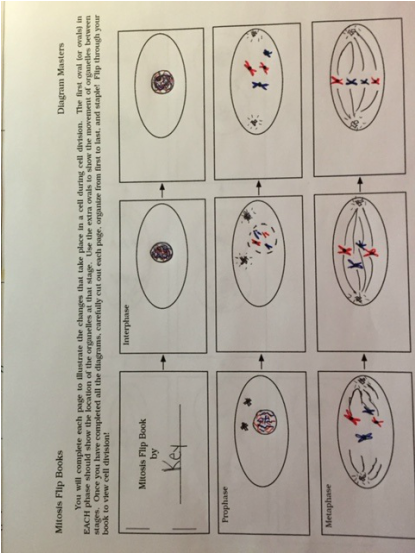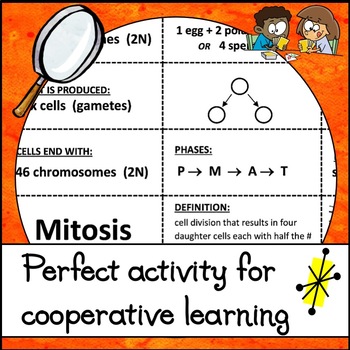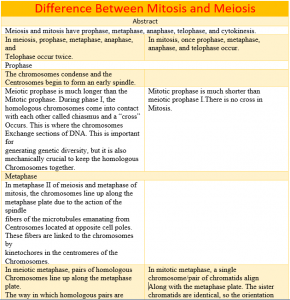
Meiosis differs from mitosis in two important aspects. Meiosis introduces genetic diversity within the population. This allows the offspring to be genetically distinct from either parent. The resulting chromosome is a unique mixture of maternal and paternal DNA. In the process of meiosis, a cell that contains two copies of each chromosome, one from the mother and one from the father (the zygote – which is a female egg fertilized by male sperm), produces four cells containing one copy of each chromosome. Gametes are the sperm and egg cells in most organisms, such as all animals and land plants. The cells produced by meiosis are gametes or spores. It is a special type of cell division necessary for sexual reproduction in eukaryotes. Meiosis, on the other hands, is a type of sexual reproduction. However, as the offspring are identical to the mother, there is no mechanism for introducing diversity. This method of reproduction is rapid and effective. This allows an organism to clone exact copies of the original cell. Mitosis is a form of asexual reproduction.

These daughter cells contain the same number of chromosomes as the mother cell. This is done by dividing the nucleus of the original cell into two parts. Essentially, a cell (the mother cell) divides itself into two cells (the daughter cells), which are identical to the mother cell. Mitosis is the process through which a eukaryotic cell separates the chromosomes in its cell nucleus into two identical sets. All of these processes are a method of reproduction and DNA replication. Eukaryotes, organisms whose cells contain complex structures within their membranes, experience either mitosis or meiosis. There are three main types of cell division processes: binary fission, mitosis and meiosis.īinary fission takes place in prokaryotes, single-celled organisms that lack a cell nucleus. It is a process by which a parent cell divides into two or more daughter cells.

Cell division accounts for approximately 10% of the cell cycle. In the process of meiosis, a cell that contains two copies of each chromosome, one from the mother and one from the father (the zygote – which is a female egg fertilized by male sperm), produces four cells containing one copy of each chromosome.Īll cells include a process called cell division in their life cycle. Meiosis, on the other hands, is a special type of cell division necessary for sexual reproduction in eukaryotes.

Key difference: Mitosis is the process through which a eukaryotic cell separates the chromosomes in its cell nucleus into two identical sets.


 0 kommentar(er)
0 kommentar(er)
